Blog
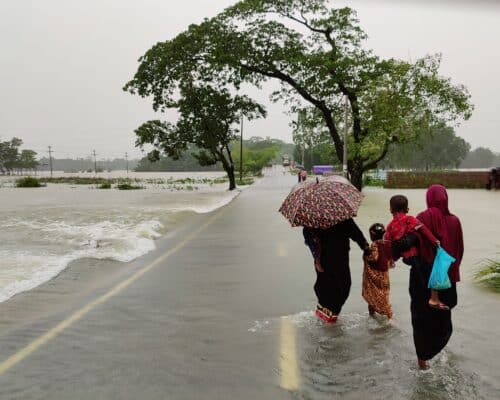
Bangladesh Sinks in Crisis Acting on Japan’s Fossil-fuel-based Master Plans [Op-Ed]
Japan's fossil fuel-driven energy plans have left Bangladesh with skyrocketing costs, mounting debt, and doubled carbon emissions. Experts call for revising the IEPMP to prioritise renewables and align with the Mujib Climate Prosperity Plan for a sustainable future.
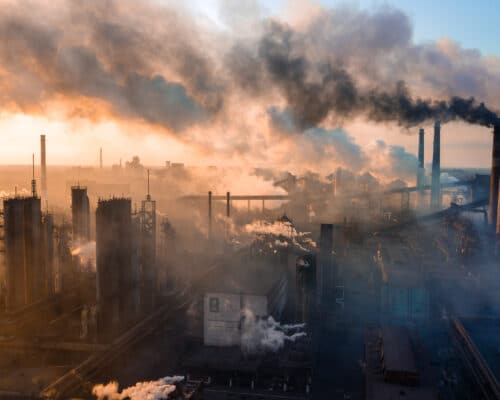
Coal is Dirtier Than You Think: The Hidden Methane Risk [Op-Ed]
Coal mine methane is an overlooked source of emissions. Dr Sabina Assan, a methane analyst at global energy think tank Ember, shares her views on how, with proven technologies, half of the methane emitted by coal mines in Asia can be tackled.
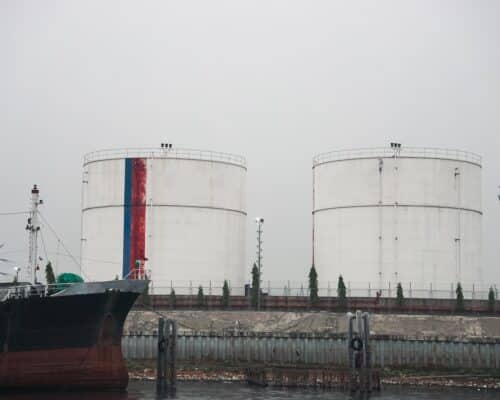
Bangladesh’s Fossil Fuel Misadventure Offers Sobering Lessons on What Not To Do For a Proper Energy Transition
Bangladesh is focused on tackling essential socio-economic challenges following its recent political transition. Dr Khondaker Golam Moazzem, the Research Director at the Centre for Policy Dialogue (CPD), shares his thoughts on how Bangladesh’s power and energy sector's trajectory is far off course and calls for proactively transitioning to cleaner energy sources.

K-pop Fans Urge K-pop Giant HYBE to Address Plastic Album Pollution Ahead of the UN’s 5th Plastic Treaty Talks in South Korea
In the lead-up to the United Nations’ Intergovernmental meeting in November to tackle plastic waste in South Korea, K-pop fans are taking centre stage in the fight against plastic pollution. In a creative protest, fans gathered at HYBE’s - BTS’s label - headquarters in Seoul to advocate for environmentally responsible practices in the K-pop industry.
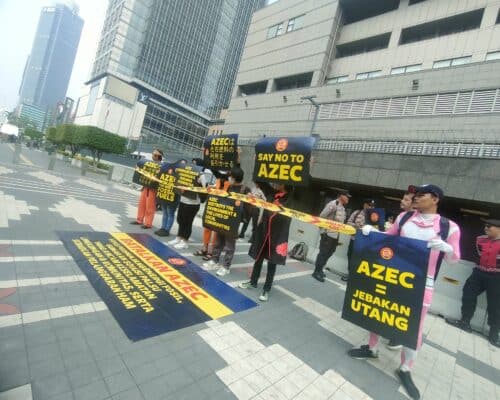
Prime Minister Ishiba’s Opportunity to Lead Asia’s Energy Transition [Op-Ed]
Gerry Arances, Executive Director at CEED and Zenzi Suhadi, Executive Director of WALHI, call upon Prime Minister Ishiba to stop investing in dirty energy projects and stop the continued derailing of Southeast Asia's energy transition.
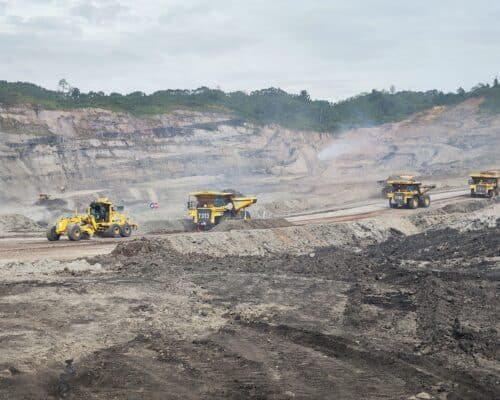
Jokowi’s Decade in Review: Indonesia’s Energy Transition in Regress [Op-Ed]
During President Joko Widodo's leadership from 2014 to 2024, Indonesia has not yet passed any specific statutory regulations governing the energy transition. Sartika Nur Shalati from Yayasan Indonesia CERAH shares her views on President Jokowi's energy sector policies hindering the growth and development of Indonesia’s renewable energy sector.
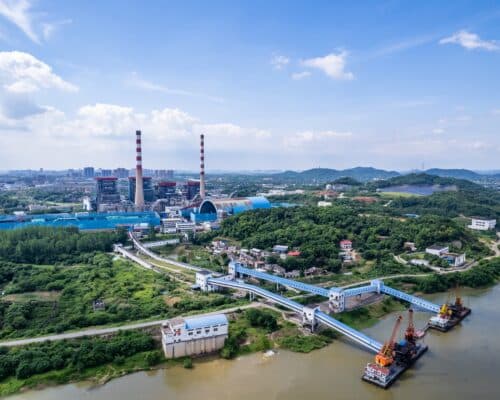
ASEAN Countries Do Not Yet Have a “Young” Coal Power Plant Problem [Op-Ed]
The recommended pathway to limit the global temperature increase to below 1.5°C is for developed countries to phase out coal power generation by 2030, while developing countries should do so by 2040. Hozefa Merchant shares his view on the challenges of transitioning from coal to clean energy should the region add new coal capacity.
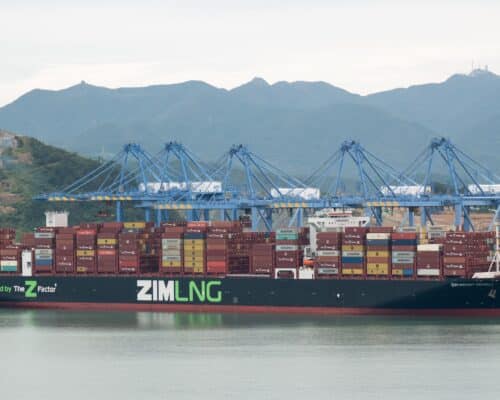
South Korea Scrapping Mega-scale LNG Terminal Projects Amid Weakening Demand and Overinvestment Risks
Several large liquefied natural gas (LNG) terminal projects in South Korea have been cancelled or delayed due to declining LNG demand and investment risks. As South Korea’s natural gas demand declines and decarbonisation efforts accelerate, these oil and gas developments could become stranded assets.
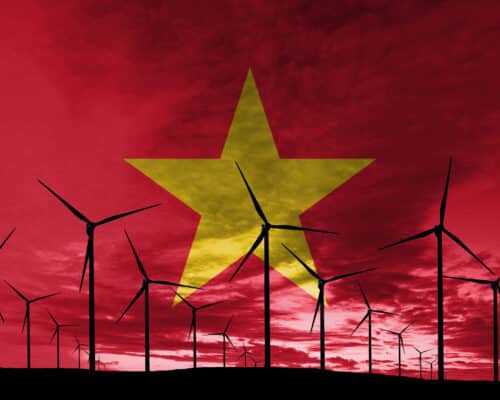
Vietnam’s Direct Power Purchase Agreement (DPPA) Decree Could Catalyse a New Era for Renewable Energy [Op-Ed]
In July 2024, Vietnam's government issued a decree allowing direct power purchase agreements for renewable energy between private developers and consumers. This decree is expected to spur significant growth in Vietnam's renewable energy sector.
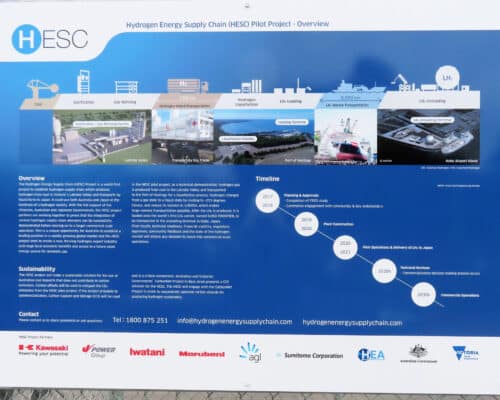
Is Australia’s Brown Hydrogen Export Project Destined to Fail? [Op-Ed]
The HESC project, led by an industry consortium, seeks to annually produce 40,000 tonnes of hydrogen from brown coal by 2030 for export to Japan. Can the project surmount the key challenges hindering hydrogen exports? Paul Martin shares his views.
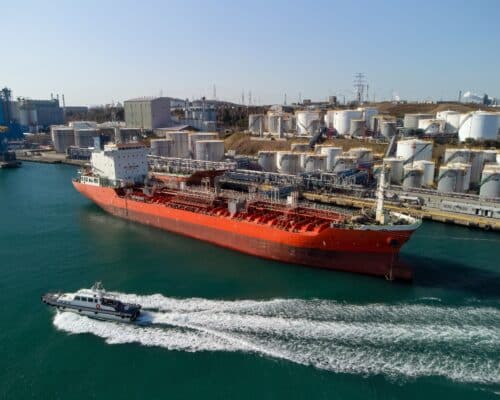
South Korea’s East Sea Gas Development Will Not Strengthen the Country’s Energy Security [Op-Ed]
South Korea’s Yoon Suk-yeol administration recently announced the exploratory drilling of potentially massive oil and gas reserves in the East Sea to address the country’s natural gas demand. However, with the country's natural gas demand declining, large oil and gas developments in the East Sea could become stranded assets.
The Post-oil Economy in the UAE and How It Is Preparing
The UAE is known for being in an oil-rich region and historically relying on oil exports as a significant part of its economy. This reliance on oil is now slowly changing in preparation for the post-oil world. Multiple government programmes and private sector investments are behind this transition.
Wind Energy in Malaysia – Potential for Growth
Malaysia has limited capacity for wind energy due to geographic and climate factors. As a result, the country's renewable energy programs primarily focus on solar and hydropower. However, wind energy can be useful in select regions with higher than average wind energy capacity.
Hydroelectric Energy: Advantages and Disadvantages
The advantages and disadvantages of hydroelectric power are long. While it is one of the largest sources of renewable energy globally, it remains divisive amongst clean energy advocates. Its place in the energy transition is still up for debate.
Most Popular
Categories
-
9
-
33
-
126
-
4
-
17
-
43
-
52
-
11
-
10
-
15
-
24
-
6
-
6
-
250
-
196
-
14
-
23
-
1
-
1
-
23
-
38
-
42
-
84
-
18
-
82
-
41
-
17
-
10
-
40
-
43
-
86
-
284
-
21
-
40
-
35
-
10
-
41
-
36

